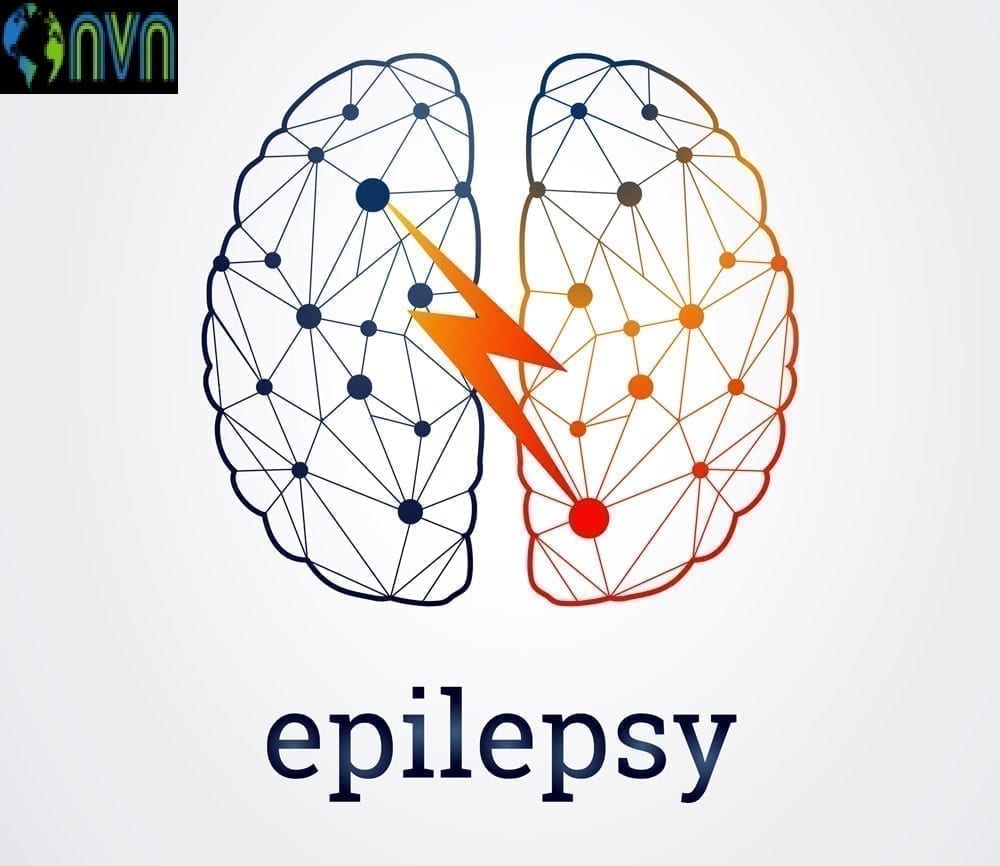Medical & Pharma
Stigma Around Epilepsy Must Be Eradicated To Improve Quality Of Life Of Patients

International Epilepsy Day is a worldwide event celebrated on the 2nd Monday of February every year is an initiative taken up by the International Bureau for Epilepsy (IBE) and the International League against Epilepsy (ILAE) in order to raise awareness on epilepsy.
It is close to the celebration of Valentine’s Day and interestingly, it is a commonly held belief that St. Valentine had epilepsy. IBE and ILAE have representation in more than 120 countries and this is a powerful opportunity to highlight the problems faced by people with epilepsy, their families and carers, in every region of the world.
The common thread is the desire to bring to the attention of the public, professionals, and governments the need for better awareness and understanding, appropriate legislation, improved diagnostic and treatment services, and increased research to better the lives of all those affected by epilepsy around the world.
What are the signs and symptoms of Epilepsy?
Recurrent seizures are the major symptom of epilepsy. However, depending on the kind of seizure, the symptoms may be different for each person. In case you observe any of the following symptoms in a person, particularly if they continue to occur, it is a must to see a doctor. These are as follows:
-
Convulsions that are not accompanied by a change in temperature or development of fever
-
Blackout episodes, sudden unexplainable gaps in memory, or confusion
-
Frequent episodes of fainting which come with involuntary urination or bowel expulsion
-
The patient is unable to comprehend what is happening and does not respond to questions or instructions for some time
-
The patient’s body becomes stiff without any cause
-
Psychological symptoms such as fear or anxiety – the patient may suffer a panic or anger attack
-
Unexplainable change in sense perceptions for example a different perception in smell, sound, or touch
-
Arms and legs moving involuntary, in jerking movements
What are the various causes for Epilepsy?
In most cases – about 50% – there is no known or apparent cause of epilepsy. Various conditions that have an impact on the brain can lead to the development of seizures. While some individuals could be genetically prone to developing epilepsy, some infections such as viral encephalitis, worm infestation, tuberculosis, or traumatic head injury, brain tumors, prenatal injury can increase the risk of epilepsy.
Is there a cure for Epilepsy?
At the moment there is no definite cure for most types of epilepsy, however, treatment options that range from medication to surgery are effective at managing the condition and in most cases can stop the seizures from reoccurring. With the right treatment, most people, about 75% of people with epilepsy can lead a normal seizure-free life and 20-30% of persons with epilepsy (PWE) have a spontaneous remission of seizures without treatment.
What is the treatment gap for epilepsy in India?
India, unfortunately, has a large magnitude of treatment gap, ranging from about 22% in the urban middle-class population and more so in villages, about 90%. This is because of a cluster of reasons, including inadequate access to or awareness of anti-epilepsy medications, low income, stigma and cultural beliefs associated with epilepsy, insufficient health infrastructure and a shortage of professionals trained in epileptology, inequitable distributions of available resources in rural areas and high cost of treatment.
What are the important aims of celebrating International Epilepsy day?
International Epilepsy Day was created with the motive to promote the right laws to assure that the human rights of people suffering from epilepsy are maintained and to empower such individuals to receive the best quality of life. The following messages must be reiterated –
-
The stigma attached to epilepsy still exists due to which this is considered a silent disease
-
Even though it is treatable, about 40% of individuals from wealthier countries still do not receive the right treatment
-
National health systems suffer from a huge financial burden because of this lack of treatment
-
The key barriers to improving quality of life for epileptic patients remains lack of adequate research and legislation
By Dr. Keni Ravish Rajiv, Consultant, Neurologist, and Epileptologist, Aster RV Hospital


































